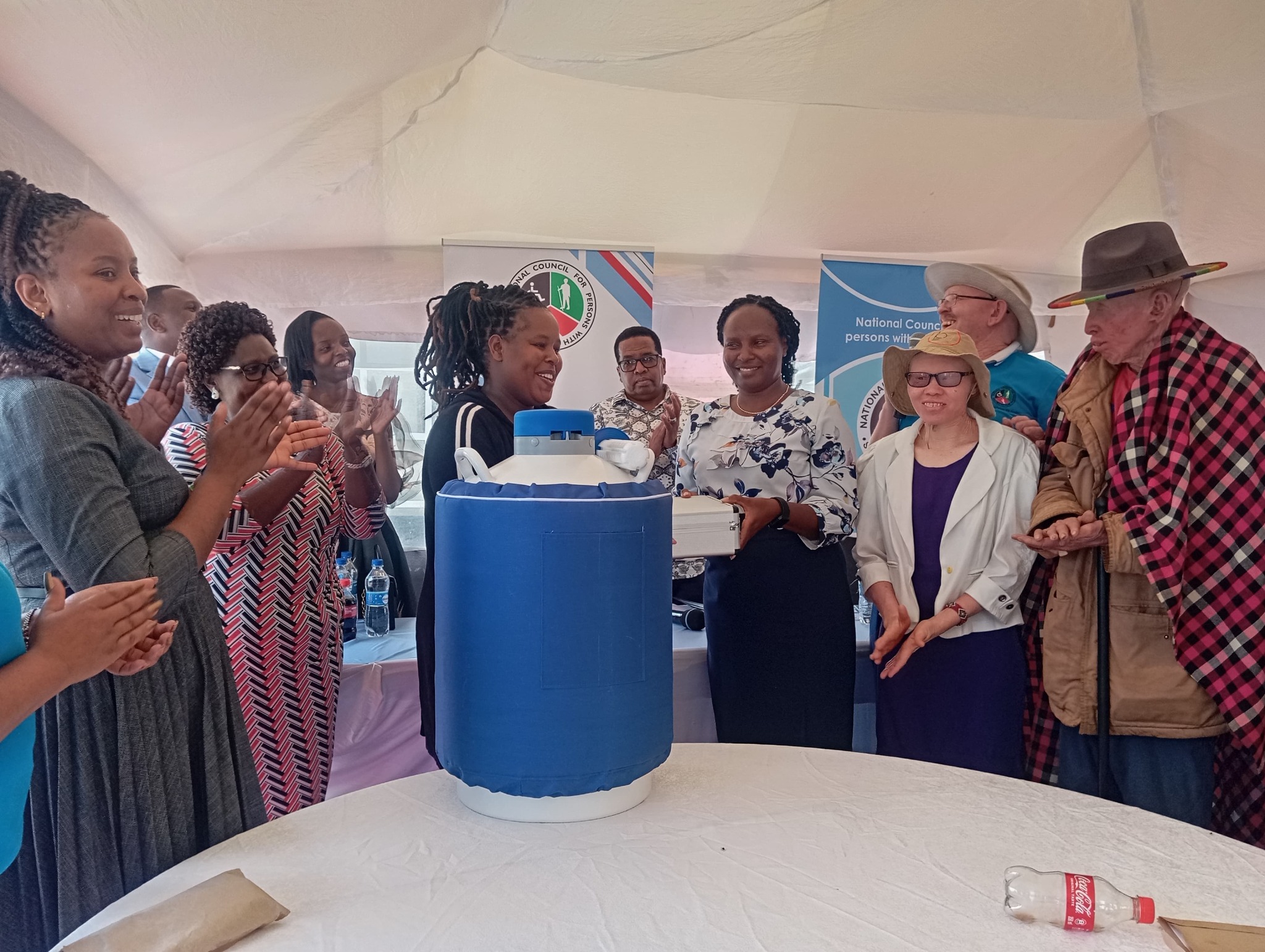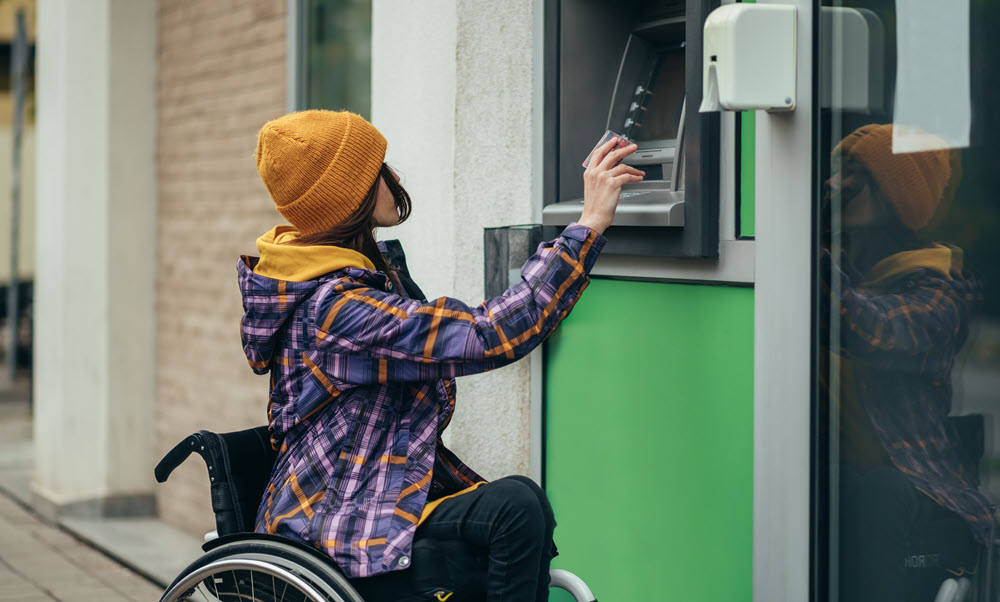DISABILITY AND HEALTH AWARENESS
The International Day of Persons With Disabilities was proclaimed in 1992, the day is aimed at appreciating and understanding issues to do with disabilities, understanding policies that protect them, and if they are included in political, social, and economic issues around the country.
This year’s theme is “Leadership and participation of persons with disabilities toward an inclusive, accessible, and sustainable post-COVID-19 world.”
Having a Disability refers to any condition of the body or mind that makes it difficult for the person with the condition to carry out certain activities, Over 1 billion people in the world’s population currently experience a Disability, the number is increasing due to chronic health conditions people experience, being a day we are celebrating International Persons With Disabilities, let’s learn different forms of disabilities.
Visual Impairment
Visual impairment refers to people who are unable to see completely or who have partial vision.
When talking to Persons with Visual impairment, always identify yourself and any others with you
Ask if the person requires assistance, and listen for specific instructions.
If guiding a person, let them take your arm, rather than taking theirs.
Always as you help them remember to describe any changes in the environment such as steps and obstacles.
The Deaf
The deaf people can range from mild to intense.
The Deaf may use different ways to understand they include, lip-reading, writing notes, hearing aids, or sign language interpreters. When talking to a Deaf person always look and speak directly to them.
If you don't understand what a person is saying, offer them a pen and paper so as they can write it down.
Mental health conditions
Mental illness is a general term for a group of illnesses that affect the mind or brain.
These illnesses, which include bipolar disorder, depression, schizophrenia, anxiety, and personality disorders, affect the way a person thinks, feels, and acts.
Persons with Mental health conditions may experience difficulty concentrating, so when interacting with them, Try to avoid stressful situations so as you don't trigger their condition.
Intellectual Disability
A person with an Intellectual Disability may have significant limitations in the skills needed to live and work in the community, including difficulties with communication, self-care, social skills, safety, and self-direction.
Be patient and give your undivided attention, especially with someone who speaks slowly or with great effort.
Acquired Brain Injury
Acquired Brain Injury (ABI) refers to any type of brain damage that occurs after birth.
The injury may occur because of infection, disease, lack of oxygen, or trauma to the head.
The long-term effects are different for each person and can range from mild to intense.
Persons with ABI may have difficulties in communicating and concentrating, slow in processing information and thinking.
Autism Spectrum Disorder
Autism affects the way information is taken in and stored in the brain.
Persons with Autism, typically have difficulties in verbal and non-verbal communication, social interactions, and other activities. Many Persons with an Autism Spectrum disorder also have sensory sensitivities, i.e. over or under sensitivity to sight, touch, taste, smell, sound, temperature, or pain.
Physical Disability
Persons with Physical Disabilities, their bodies are affected in different ways on how each part functions physically for example their mobility or stamina.
Physical functioning, usually either their mobility, dexterity, or stamina, is affected.
Before you help a person with Physical Disability always ask if they need assistance.
Tags: Safaricom Plc Ncpwd Government Of Kenya Kippra No One Out Andi Speaks
Related
Share this article
Experienced and versatile writer, dedicated to using my exceptional writing and editing skills to inform and advocate. My work focuses on educating and entertaining readers on a range of topics, with a particular expertise in matters of disability.
View articles

